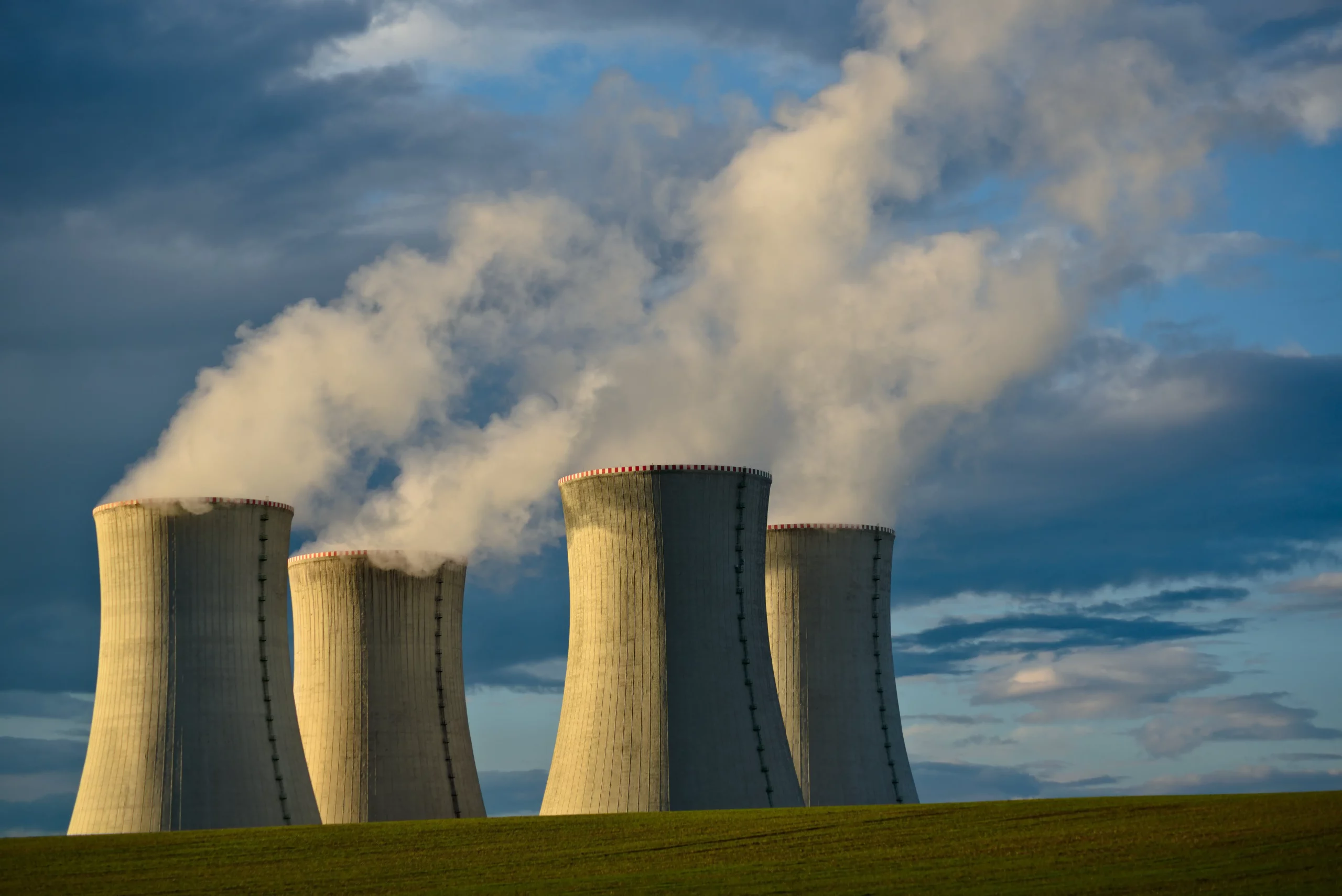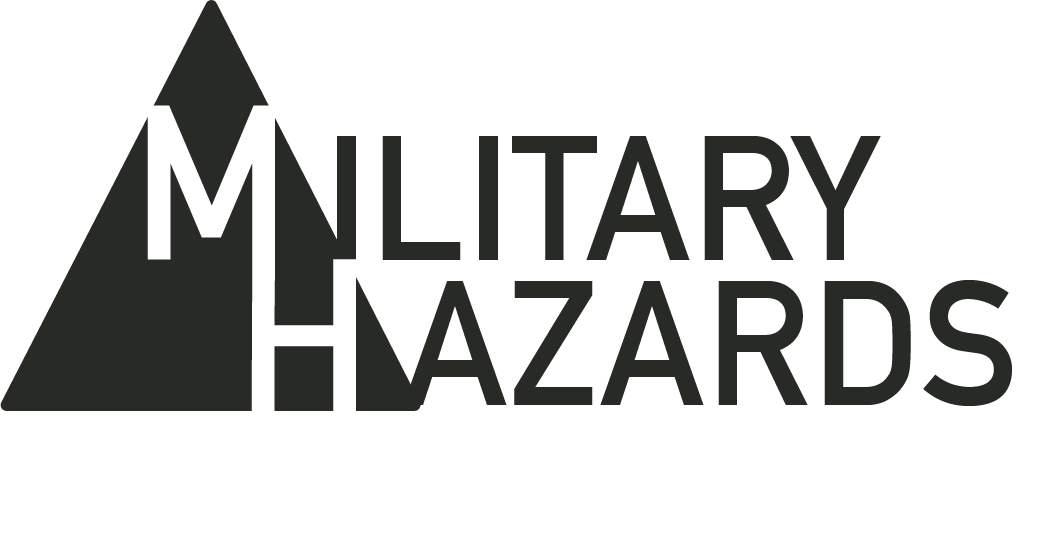Contact Our Legal Partner
"*" indicates required fields

Nuclear technician personnel in the military are exposed to radiation in many different forms, including ionizing radiation, electromagnetic radiation, and radioactive particles. While radiation is essential for powering military facilities and weapons systems, exposure to it can also pose some of the most serious occupational hazards leading to both short-term and long-term health risks.
Short-Term Exposure Risks:
Short-term exposure to radiation can cause a range of health problems for nuclear technician personnel. Some of the most common short-term health effects include:
- Skin irritation
- Nausea
- Vomiting
- Diarrhea
Exposure to high levels of radiation can also cause acute radiation syndrome (ARS), which is an extremely serious medical condition that can cause symptoms such as fever, fatigue, and loss of appetite. ARS can also damage the immune system, which can increase the risk of infection.
Long-Term Exposure Risks:
Long-term exposure to radiation can have more severe and lasting health impacts on nuclear technician personnel. The primary health concerns for those who work with radiation are:
- Cancer
- Genetic mutations
- Cardiovascular disease
- Reproductive disorders
Indeed, exposure to radiation can damage DNA and increase the risk of developing cancers such as leukemia, thyroid cancer, and lung cancer. Radiation exposure can also cause genetic mutations that might be passed down to future generations.
The dangers of radiation exposure are compounded by the fact that radiation can accumulate in the body over time. For this reason, overexposure to radiation can cause damage to the thyroid, bone marrow, and other vital organs. This damage can lead to chronic health problems and even death.

Preventing Exposure Risks:
To prevent exposure risks, it is beyond essential to follow strict safety protocols and guidelines when handling and working with radiation. Personal protective equipment
(PPE) such as lead aprons, gloves, and masks must be used to prevent skin and eye contact and inhalation of radioactive particles. Lastly, nuclear technician personnel must receive extensive and vigorous training on safe handling procedures and emergency protocols to reduce the risk of accidents.
To recap, the occupational hazards associated with exposure to radiation by nuclear technician personnel in the military are indeed some of the most serious and dangerous. We have discussed that short-term exposure risks include skin irritation, nausea, vomiting, and diarrhea; and long-term exposure risks include cancer and genetic mutations. It is critical for nuclear technicians to follow strict safety protocols and guidelines when handling and working with radiation to prevent exposure risks. Lastly, nuclear technician personnel must receive extensive training on safe handling procedures as well implement plans for emergency situations to reduce the risk of exposure and accidents. Taking these precautions can certainly minimize the risks associated with radiation and ensure the health and safety of our military personnel.
